
- Article
- Article
Medics, migration and the NHS
In the 1960s the NHS became Britain’s biggest employer. So to help fill all those jobs, the government brought in thousands of workers from abroad.

- Photo story
- Photo story
From chef’s whites to medical scrubs
Meet the machinists who have rapidly switched from making clothing for hospitality staff to uniforms for hospital workers.
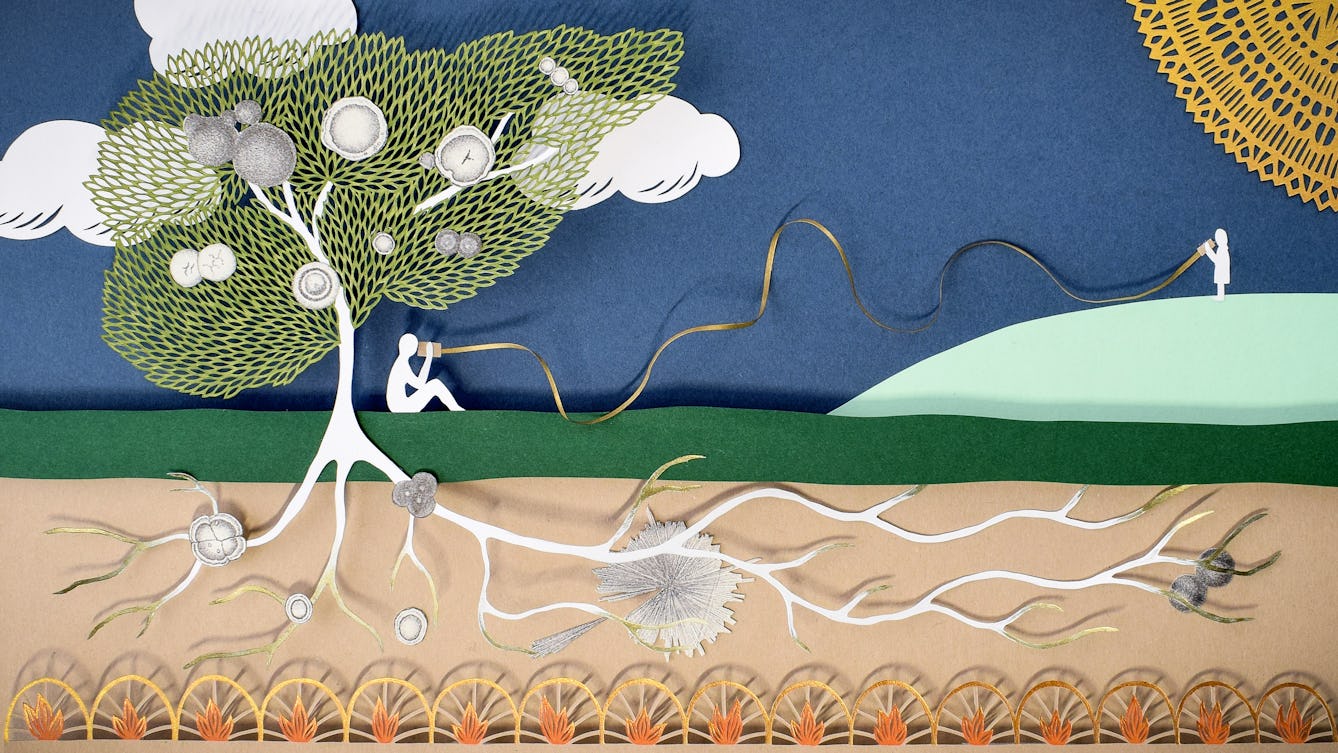
- Article
- Article
The poetic language of health
When his doctors could only offer phone consultations, James Morland turned to poetry to make sense of the medical terms describing his symptoms and test results.
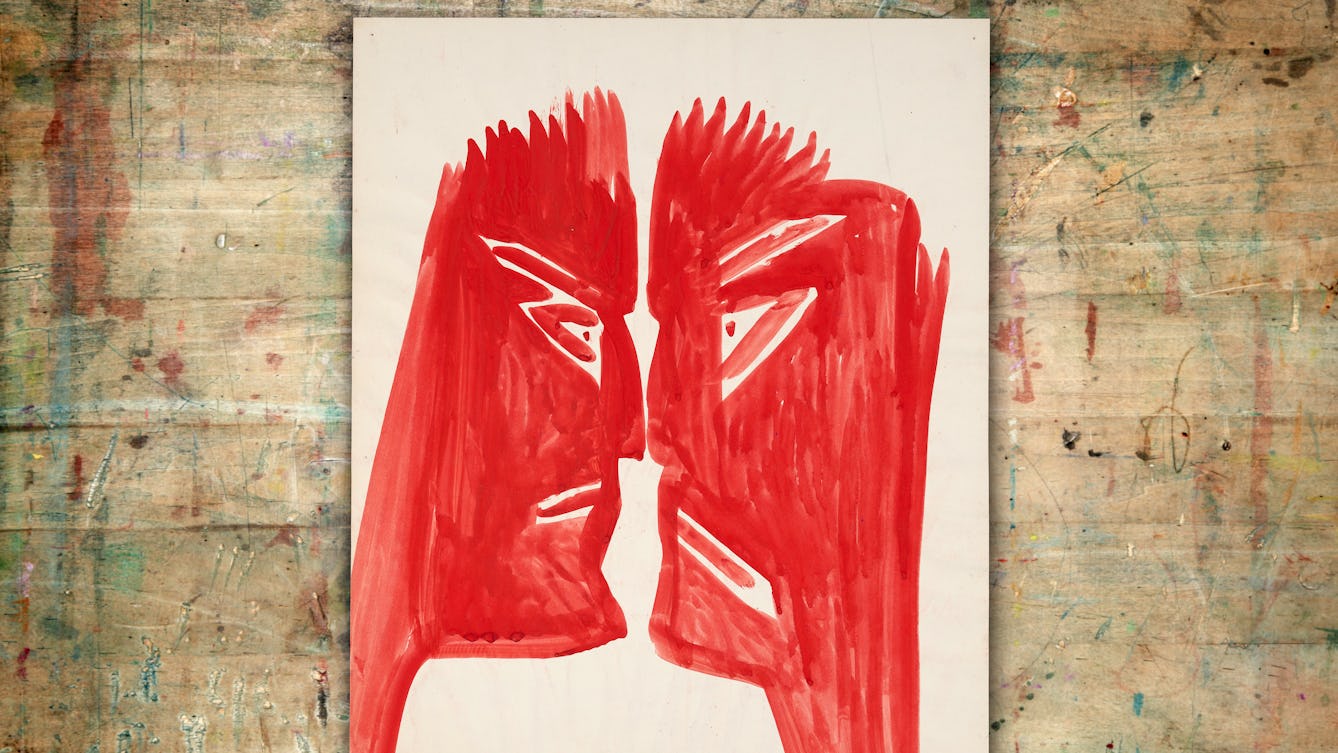
- Article
- Article
Mary Bishop and the surveillant gaze
Writer and artist Rose Ruane explores the paintings of Mary Bishop, created during a 30-year stay in a psychiatric hospital, which speak of constant medical surveillance and censorious self-examination.

- Article
- Article
Thalidomide babies
In a time without scans or antenatal tests, neither medical staff nor parents were prepared for the damage to the foetus caused by the thalidomide drug.
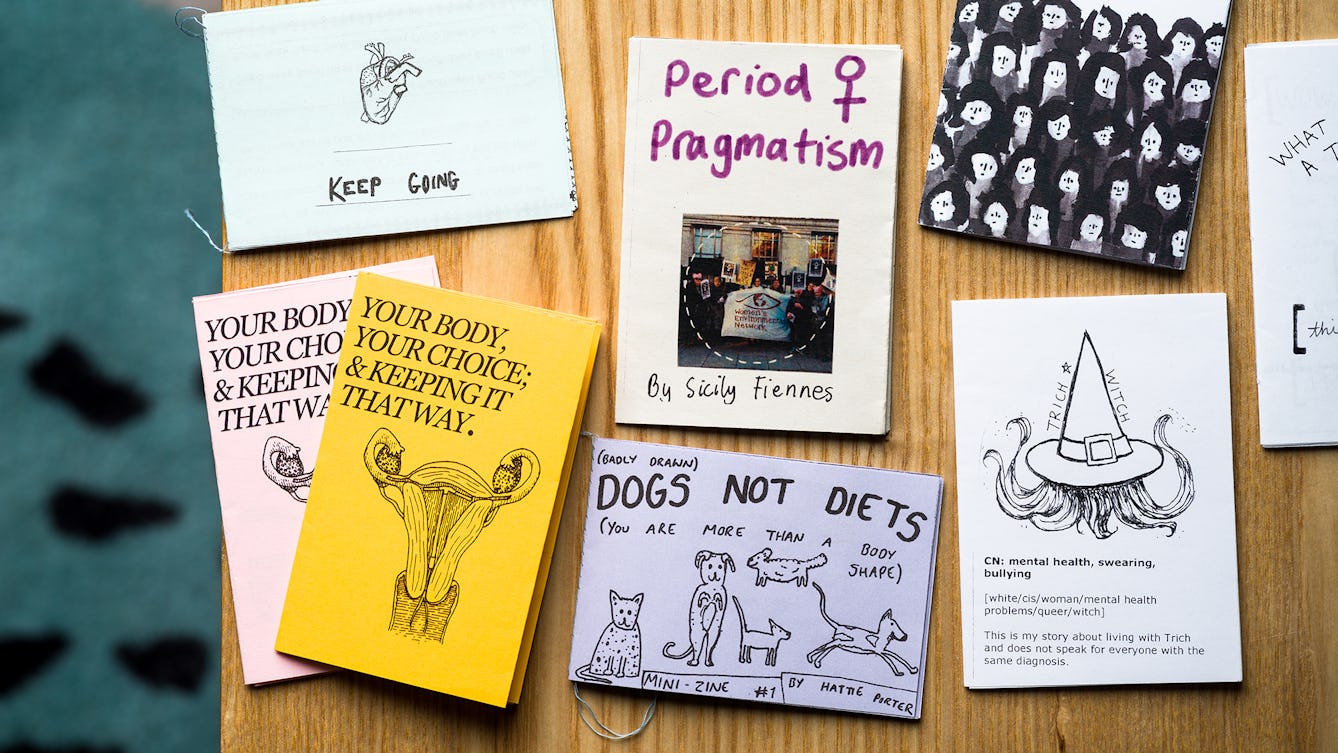
- Article
- Article
Six personal health zines that might change your life
Personal zines put health conditions back in the hands of the people who experience them. Here are six that Wellcome Collection staff love.

- Article
- Article
NHS strikes and the decade of discontent
When the social unrest of the 1970s spread to the NHS, dissatisfied staff challenged the status quo for the first time in quarter of a century.
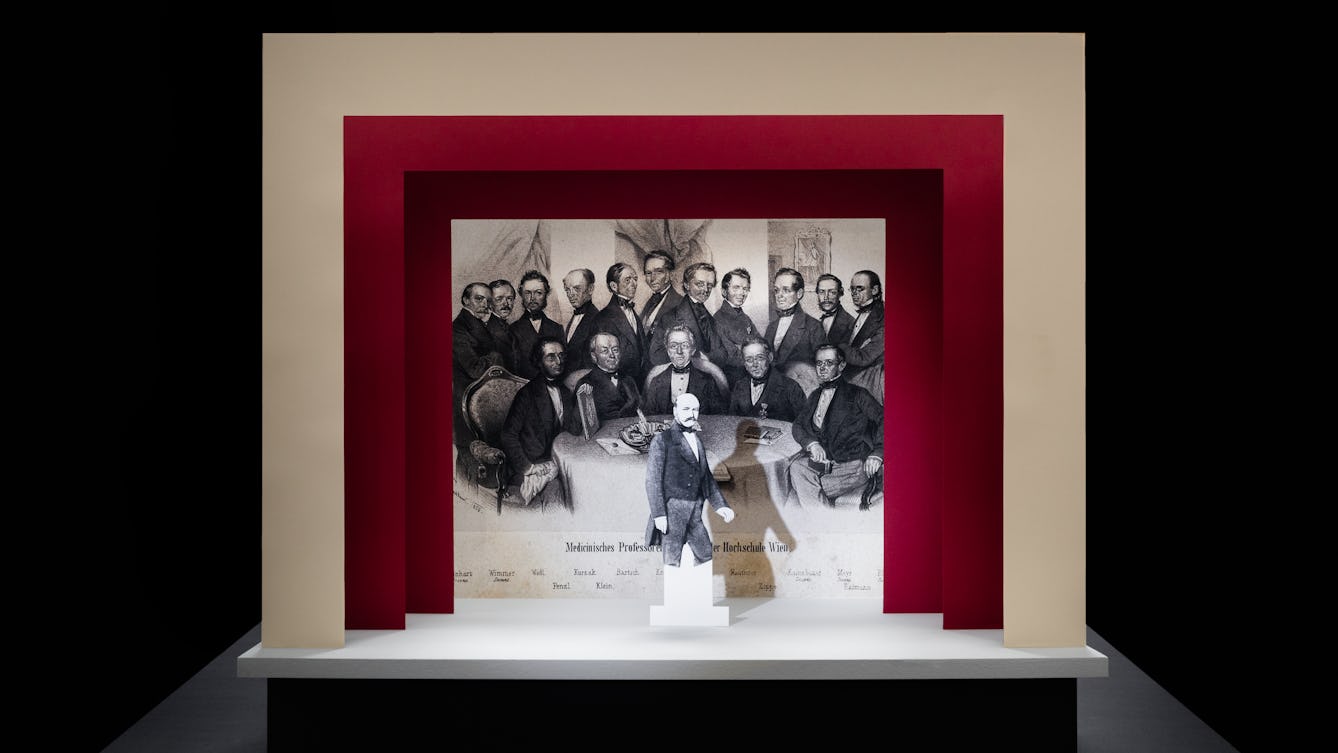
- Article
- Article
The father of handwashing
Doctors performing autopsies and then delivering babies – with not a hint of soap in between – was the grim recipe producing a lot of motherless offspring in the 1800s. But one man’s gargantuan efforts to upend accepted medical thinking turned the tide.
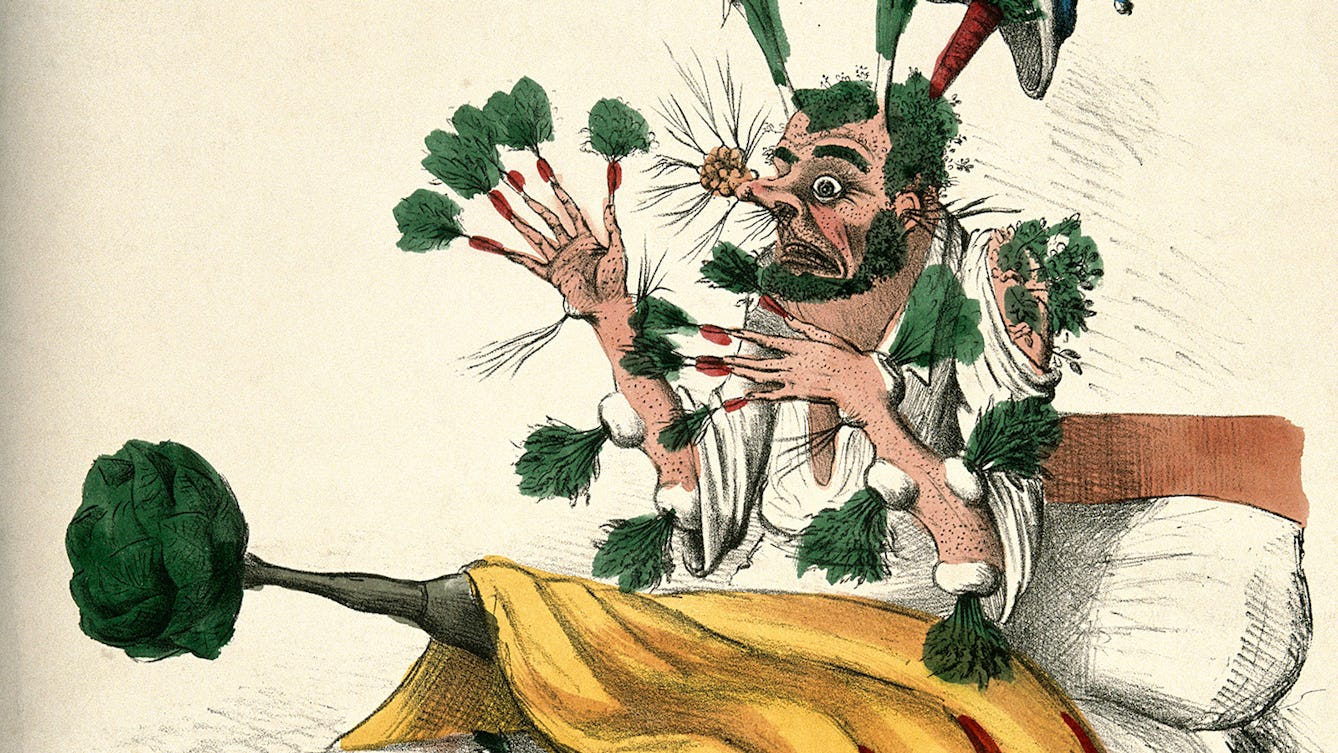
- Article
- Article
Graphic battles in pharmacy
James Morison’s campaign against the medical establishment inspired a wave of caricatures mocking his quack medicine.
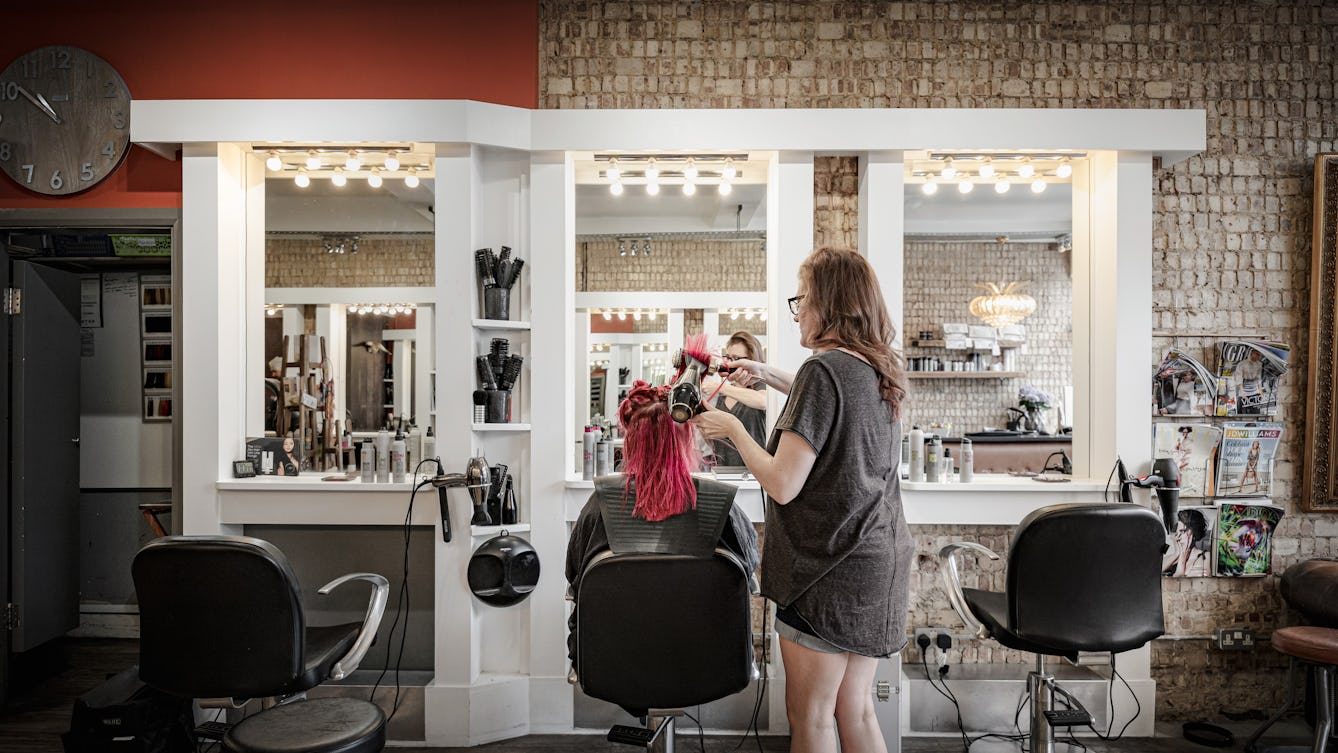
- Article
- Article
How your hairdresser could save your life
Barbers and hairdressers have a unique view of us – one that means they can spot potentially dangerous health problems. Find out how buzzcuts can lead to blood-pressure checks, and dip-dyes show the way to the dermatologist.

- Article
- Article
Trust me, I’m a patient
Artist Rachel Rowan Olive is an expert in the way her mental health condition affects her. Here she explains how it helps if doctors understand that.

- Article
- Article
Having children as a fat woman
When she sought fertility advice, and at antenatal appointments, Ellie Levenson found that medics were openly anti-fat. Only years later can she evaluate the true repercussions of their words and actions.
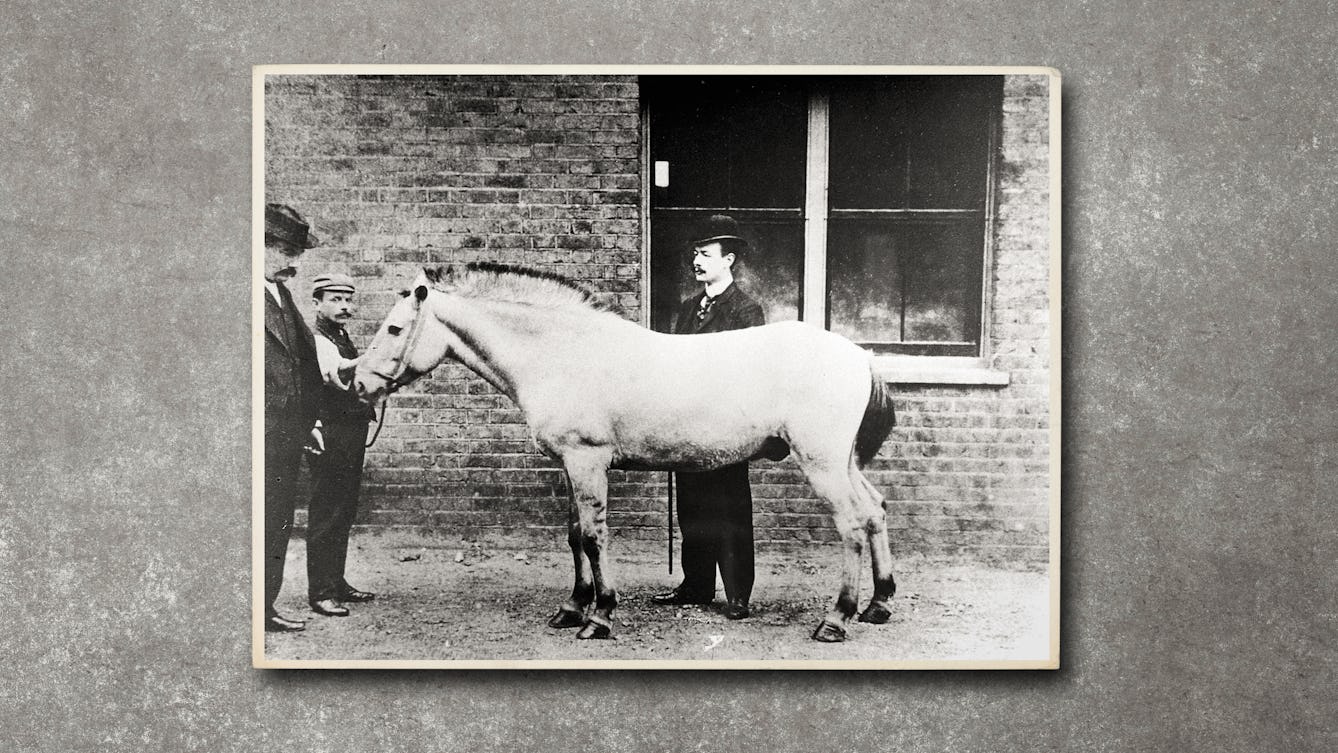
- Article
- Article
Jim, the horse of death
Horses’ blood was used to produce an antitoxin that saved thousands of children from dying from diphtheria, but contamination was a deadly problem. Find out how a horse called Jim was the catalyst for the beginnings of medical regulation.

- Article
- Article
Coleridge’s hypochondria
An intense focus on his own bodily sensations led poet Samuel Taylor Coleridge to self-medicate with narcotics. But this fascination also put Coleridge ahead of the medical sensibilities of his day.

- Long read
- Long read
Healthy scepticism
Healthcare sceptics – like those opposed to Covid-19 vaccinations – often have serious, nuanced reasons for doubting medical authorities.
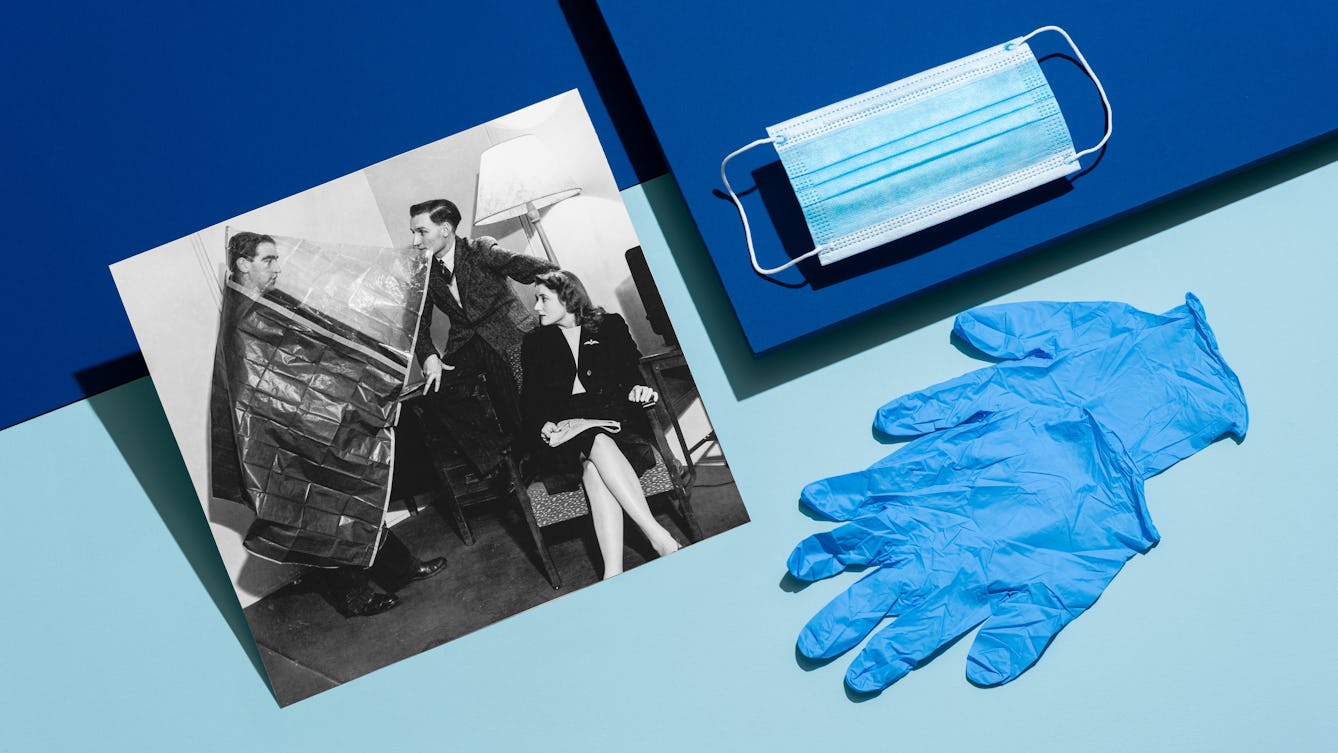
- Article
- Article
Remote romance and the common cold
Getting creatively romantic due to a virus sounds all too contemporary, but our archives show what socially distanced seduction looked like seven decades ago.

- Article
- Article
How hospital care fails disabled bodies
Hospitals aim to make sick people well. But if the sick person is also disabled, the unbending nature of monolithic hospital systems can easily worsen the situation. Here Jamie Hale writes from painful personal experience.
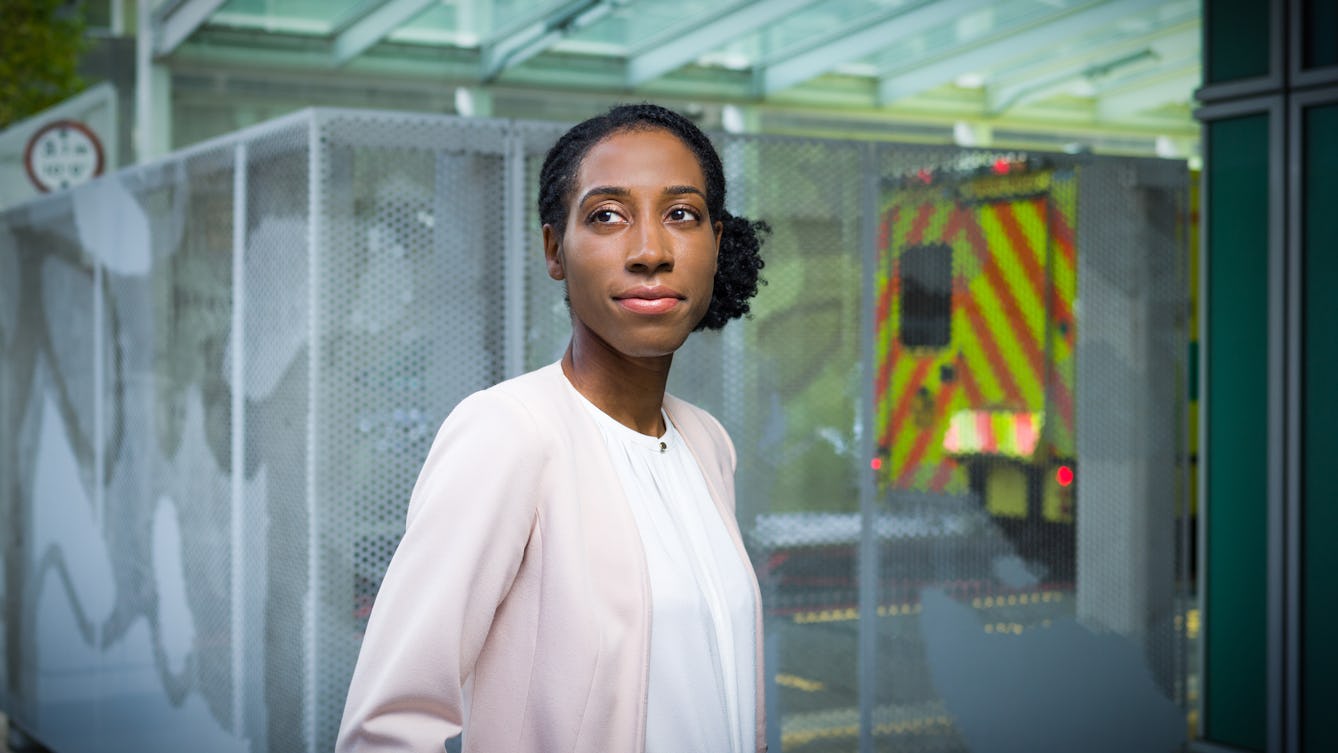
- Article
- Article
Born in the NHS
Despite underfunding, strikes and scandals, the first two decades of the 2000s has seen the British people’s love of and loyalty to the NHS soar.

- Article
- Article
Hands-on healthcare
A young hospital volunteer feared her contribution was a long way from the serious business of real healthcare. But time spent painting patients’ nails proved to be a valuable contribution to life on the ward.

- Article
- Article
The origins and meanings of pharmacy symbols
What have snakes, unicorns and crocodiles got to do with pharmacies? The history of these modern signs goes back to the Greek gods.
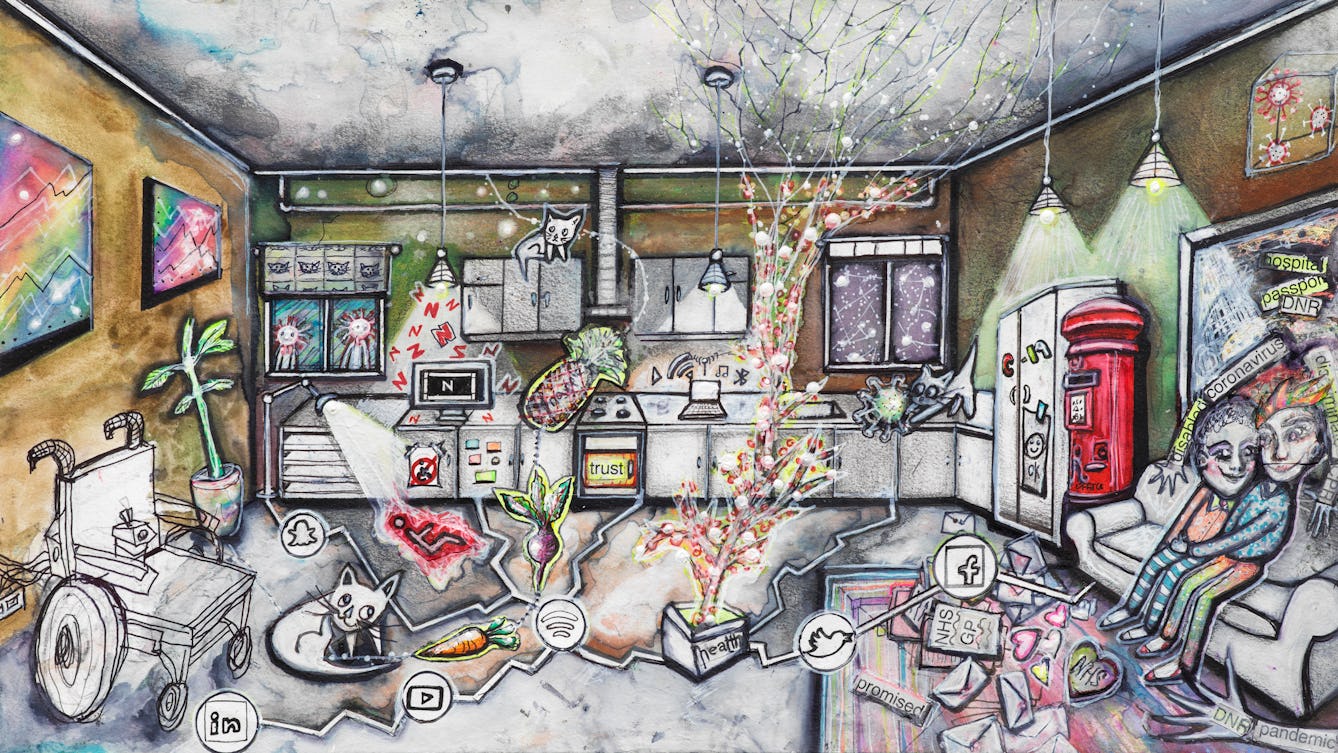
- Article
- Article
Lying low for lockdown and beyond
For Liz Carr the chances of catching Covid-19 are the same as for anyone else, but as a Disabled person she's at much greater risk of not getting the treatment she needs if she falls ill.
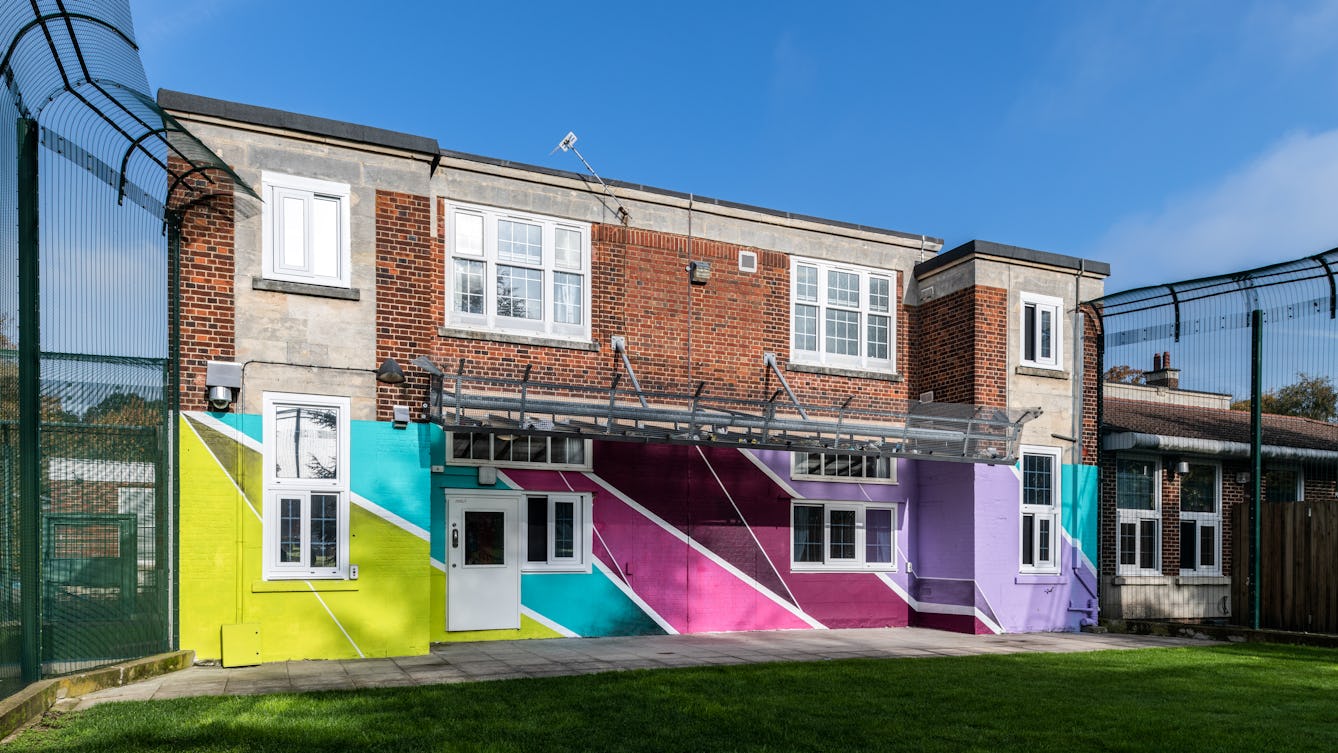
- Article
- Article
Designing better mental health wards
Bringing colour and natural light to tired, grubby mental health wards has a measurably positive effect on patients. A few groundbreaking projects are showing the way.

- Book extract
- Book extract
Healing hearts and saving lives
Cardiology is a prestigious specialism, known for its life-saving, heroic staff. But a doctor’s training eventually reveals other, less obvious ways to save lives.

- Article
- Article
Reclaiming my story
Sharing her story of mental illness and treatment with trainee social workers has helped Caroline Butterwick make sense of her past, and continues to be a positive part of her life today.
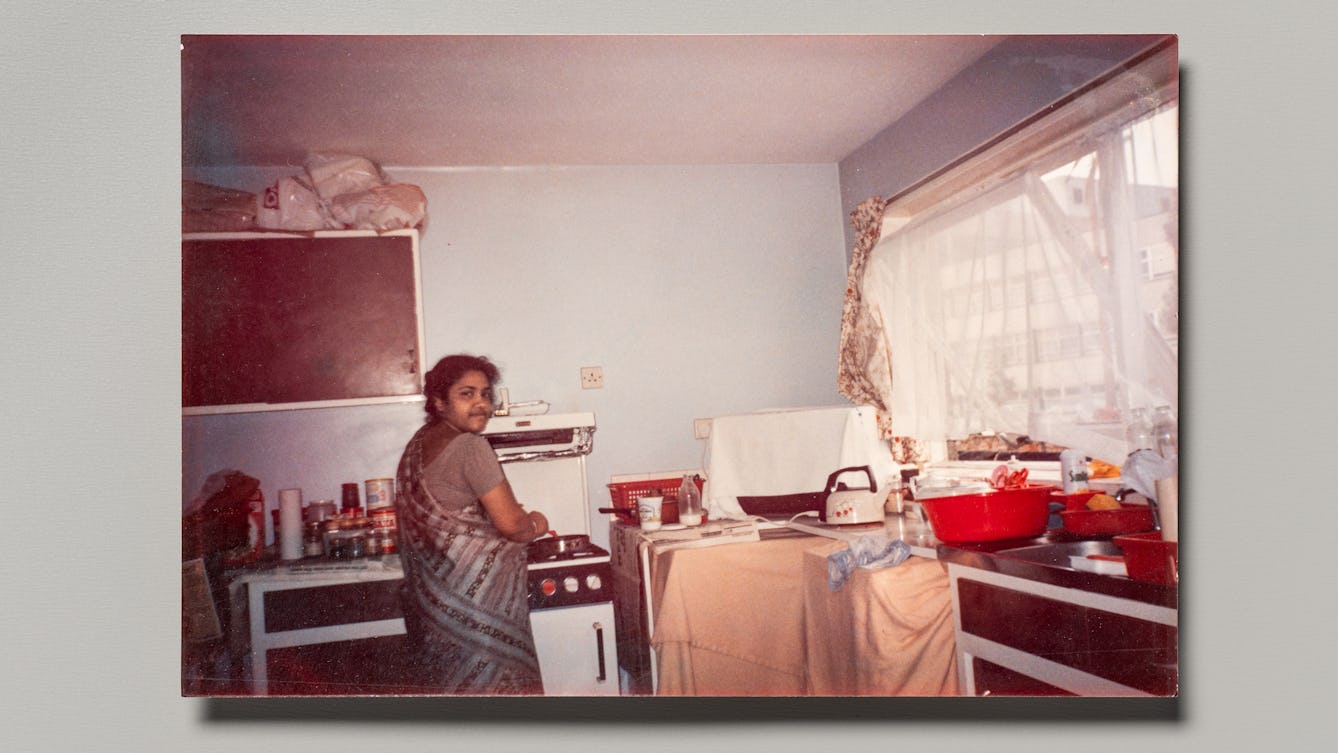
- Article
- Article
Doctor in the house
A house is not always a home – sometimes it’s impermanent, impersonal. But other aspects of the itinerant life can be the source of a sense of home.